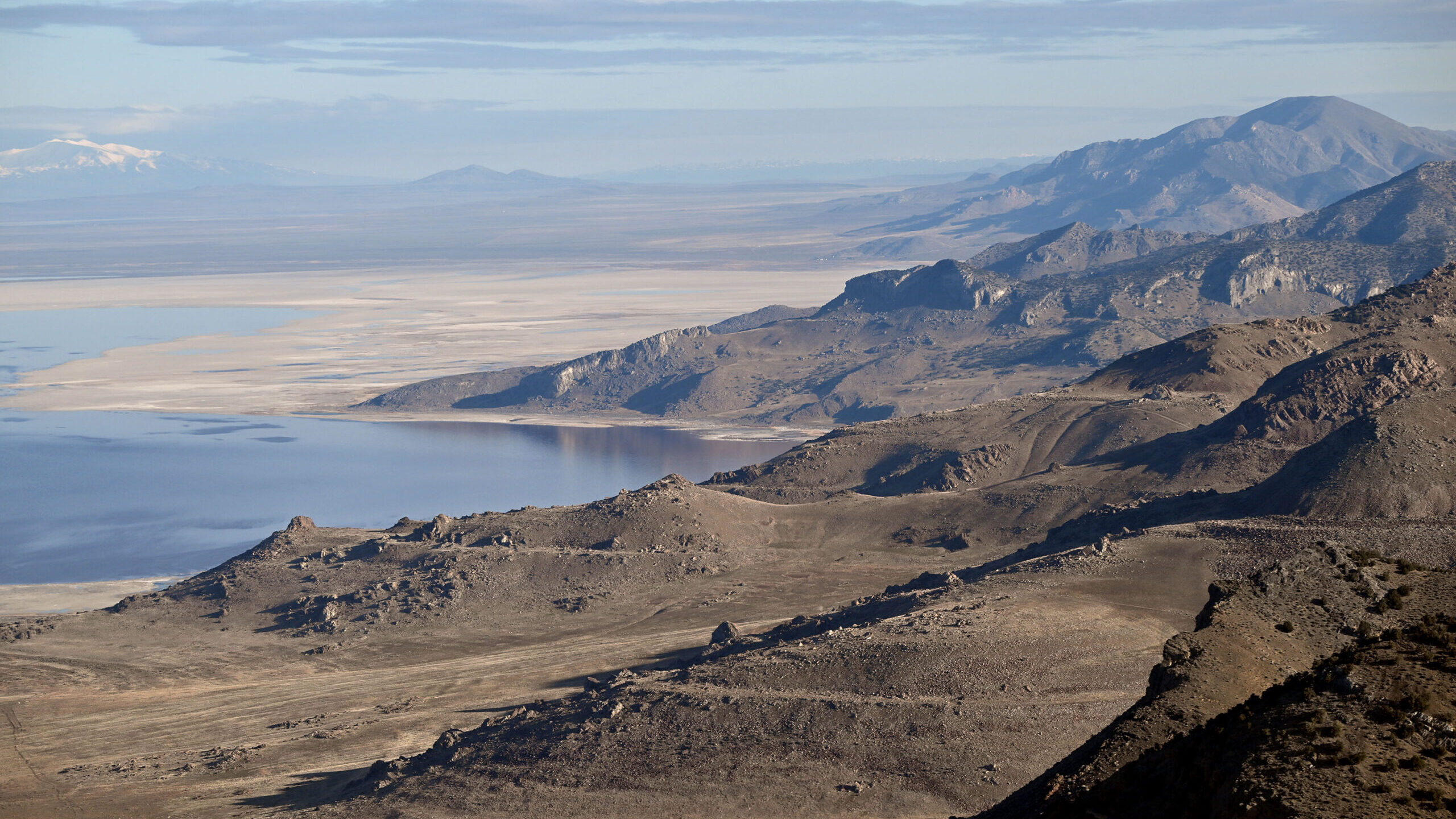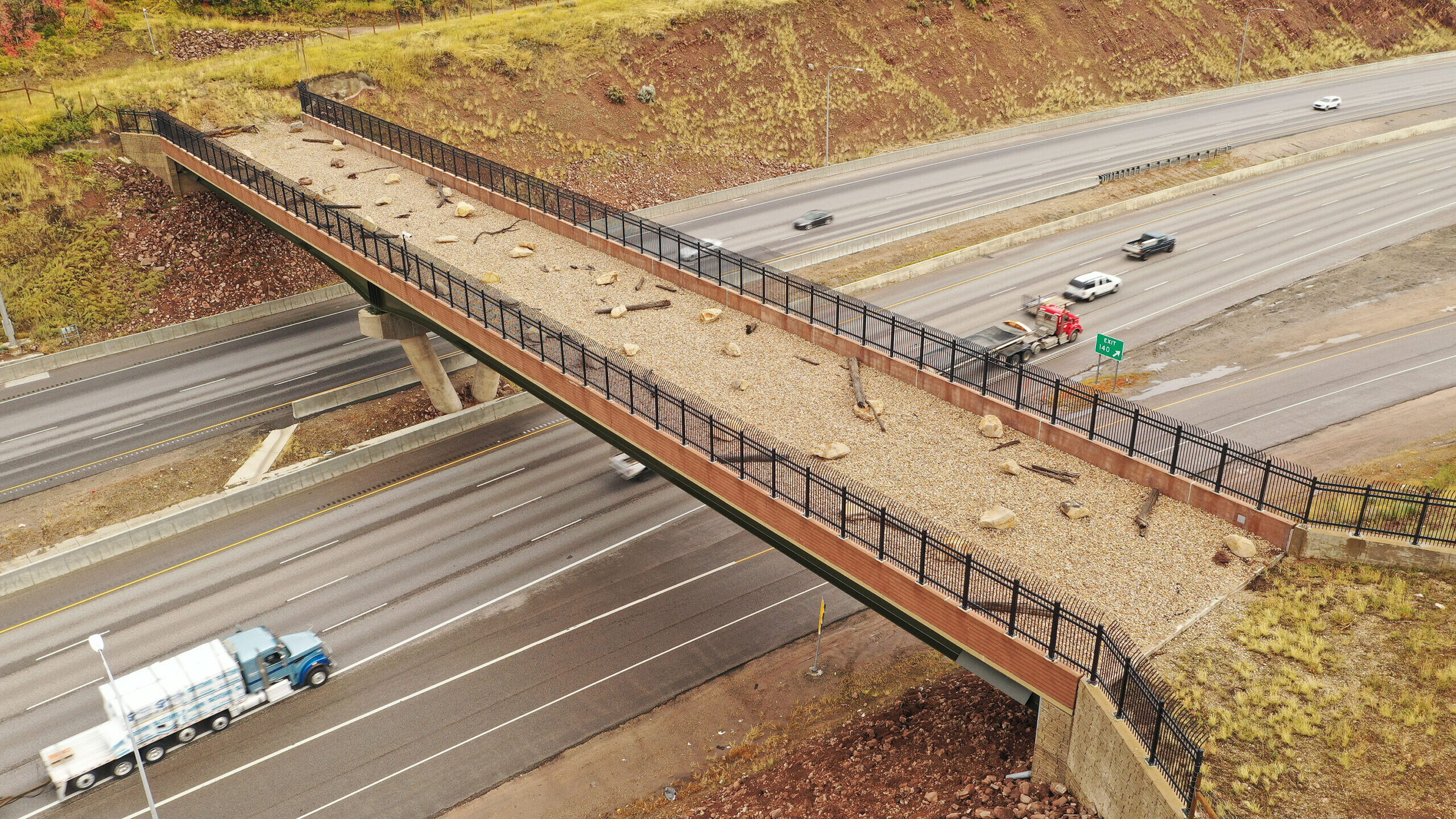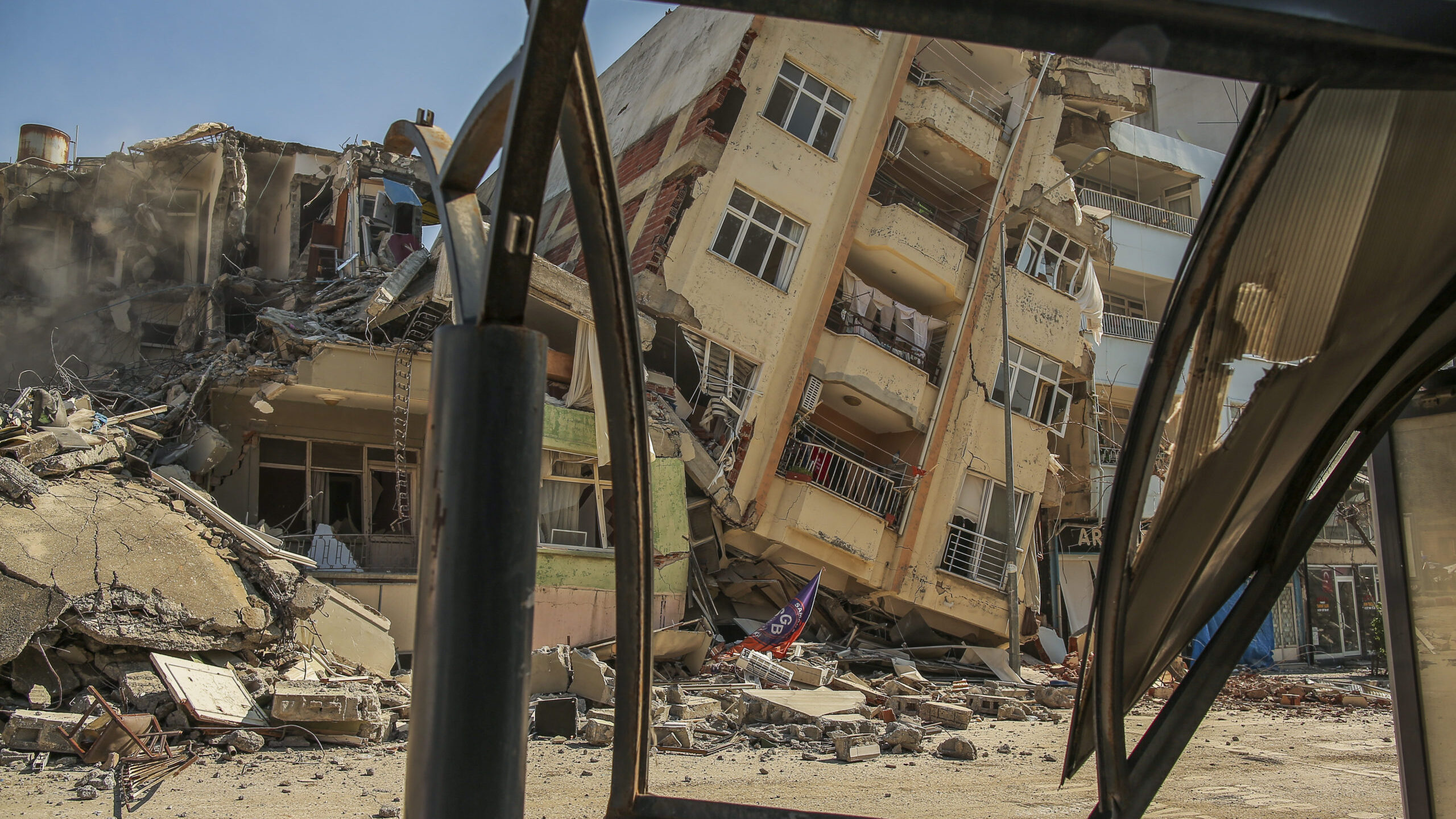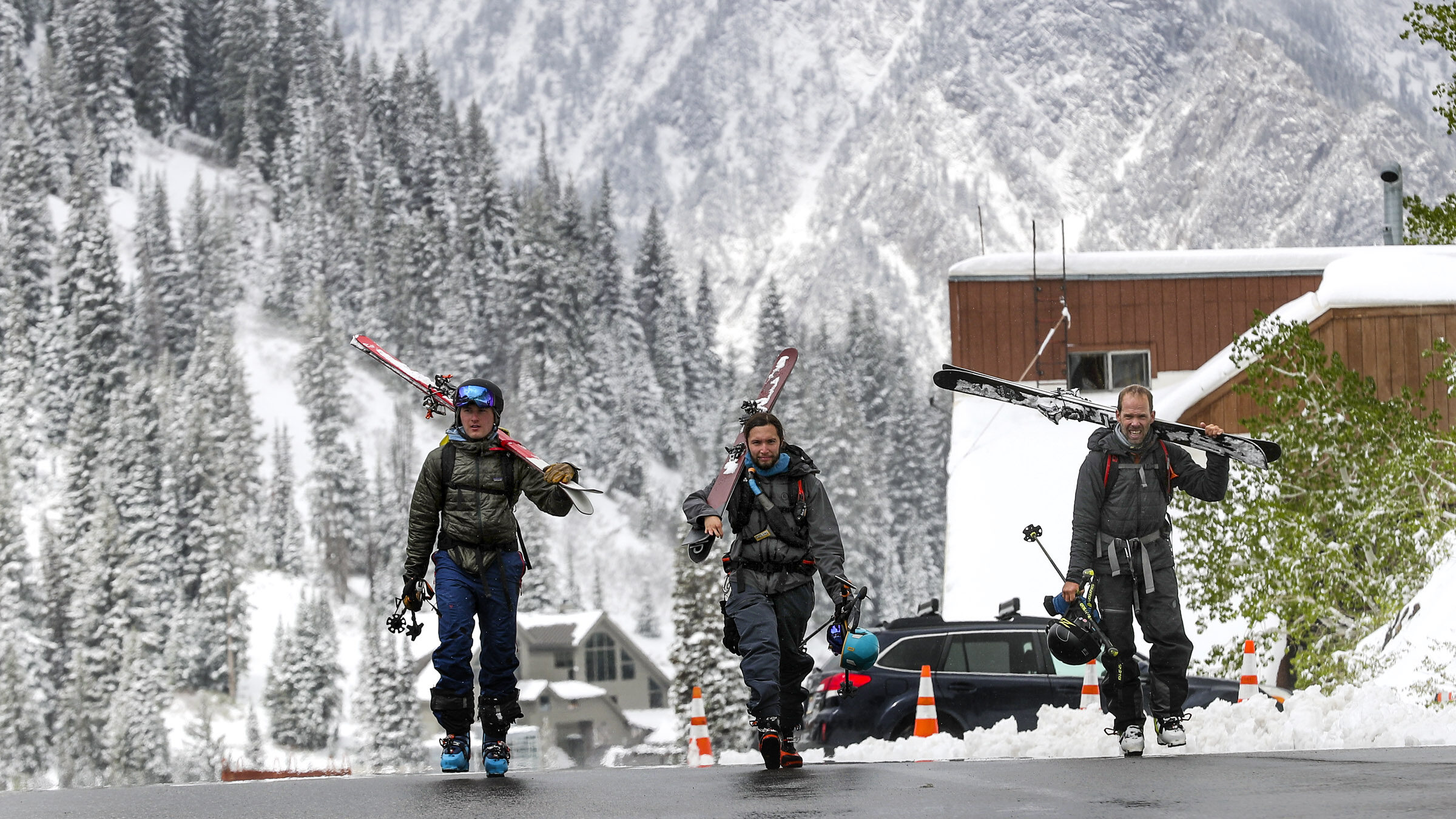Wildfire smoke from Canada could create hazy skies in Utah
May 19, 2023, 3:00 PM
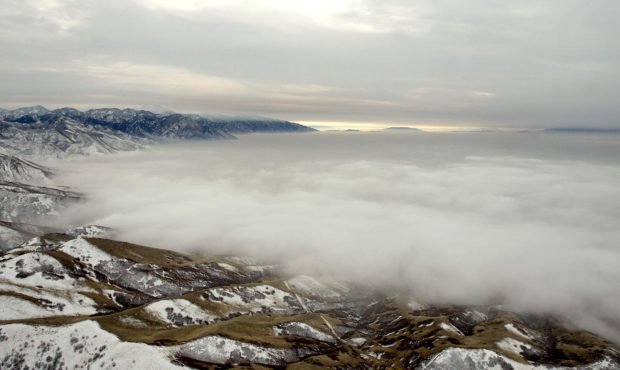
FILE -- With the Wasatch Mountains to the left, a layer of haze and smog covers the Salt Lake Valley on Wednesday, Dec. 13, 2017. (Stuart Johnson/Deseret News)
(Stuart Johnson/Deseret News)
SALT LAKE CITY— Much of Northern Utah air could be hazy this weekend as smoke from wildfires burning in Alberta, Canada blow into the Beehive State.
The National Weather Service told KSL Newsradio the lone model catching the smoke is having a hard time with it, making it hard to predict how the smoke will look going forward.
You may notice hazy conditions this morning, especially across northern and eastern Utah. This is from smoke related to wildfires in Alberta among other areas. #utwx
— NWS Salt Lake City (@NWSSaltLakeCity) May 19, 2023
But, KSL Meteorologist Matt Johnson said the smoke will likely get pushed out by a change in wind patterns early next week.
Johnson also said he doesn’t expect air quality to hit the unhealthy range, though that’s just a prediction.
“For now I think it’s upper level smoke,” Johnson said. “We’ll get the look, but not so much the air quality concern.”
As of Friday morning, the KSL Air Quality Network was showing mostly green readings along the Wasatch Front, with yellow or orange readings going from Ogden to the Idaho border.
The National Weather Service also told KSL Newsradio Price and the Uintah Basin were seeing deteriorated air quality.
Becoming a way of life
While Johnson said this won’t be the worst smoke Utahans will see, it seems to be becoming more regular for Utah summers.
“It is certainly something that we are seeing increase unequivocally…we are seeing more wildfire smoke,” said Department of Environmental Quality Spokesperson Ashley Sumner.
Many remember when wildfire smoke that blew in from California during the summer of 2021, which at one point, made Salt Lake City the worst place to breathe on the planet.
Sumner recommends anyone who is in a group sensitive to deteriorated air quality to stay inside, use an N-95 mask outdoors and use air filters in their home.
People can also find the latest air quality conditions here.




